It seems like just yesterday that the new year began, and now in the blink of an eye we’re almost passed January. Somewhere along this forty-five-and-three-quarters-year journey I learned a funny trick, which was to calculate the amount of year that had elapsed in the form of a percetage, to wit: at around 4pm on January 4th, you’re 1% through the year. I think the psychological goal was to make the year pass more slowly, with each incremental unit of the percentage calculation being 3.65 units of the standard measurement of time (the day). While I’m not sure this exercise really succeeds at slowing the perception of time, it can be an interesting re-contextualization of one of the things we humans likely take most for granted: it’s passage.
The very end of 2023 must be looked at in context of the rest of 2023. In that vein, December 31st 2023 proved itself no different from every other day of that year. And, in keeping with how I felt on every other day of that year, I woke up on December 31st with absolutely nothing to say. (Of course, critics of my blog might say: and that would be different from usual how?) But as the seconds ticked away and midnight gradually approached, I felt panic sneaking in. I tried to push through it, stepping back into writing-exercise territory, free associating, outlining, but nothing was forthcoming. Eventually, in the dying last minutes of 2023, I came to the conclusion that the best way to deal with this would be to just accept it.
5…4…3…2…1…
Our current society will tell you to structure your lives around externals. To live a life that’s “connected,” that’s “current,” indeed, that’s “confraternal,” (I *heart* thesaurus) you must obey the external cycles that are imposed on you. You have to tweet about a current event hitting the news cycle within 24 hours, or else you’re “not relevant,” you have to have a 2024 opinion about, I don’t know, anything, from the Kardashians (Cardassians?) to the cost of the latest NFT, otherwise you’re “obsolete.” You have to listen to the right dozen podcasts and have at least as many reddit threads, tiktok is the new instagram baby, and god help you if the only platform you are on is facebook.
The question then remains: how does a population, a “current society,” built on a foundation of obeying external cues, teach itself to think freely from them. I have an inkling that this is the society (among other things) that we are going to have to become in order to fully embody the next stage of our evolution. There’s a chance I’ll be devoting some of my own personal and professional blogosphere to examining this, thus I’ll be signing off soon, before this becomes a tome. I’ll leave you my very warmest of wishes for a continued happy and healthy start to 2024, as well as the thoughts that broke me out of my shell and got me to start writing again. I don’t think they’re anything super profound, but, hopefully, they’re helpful:
- Live by your cycle.
- Focus on what you are doing.
- Be the agent of your own life.
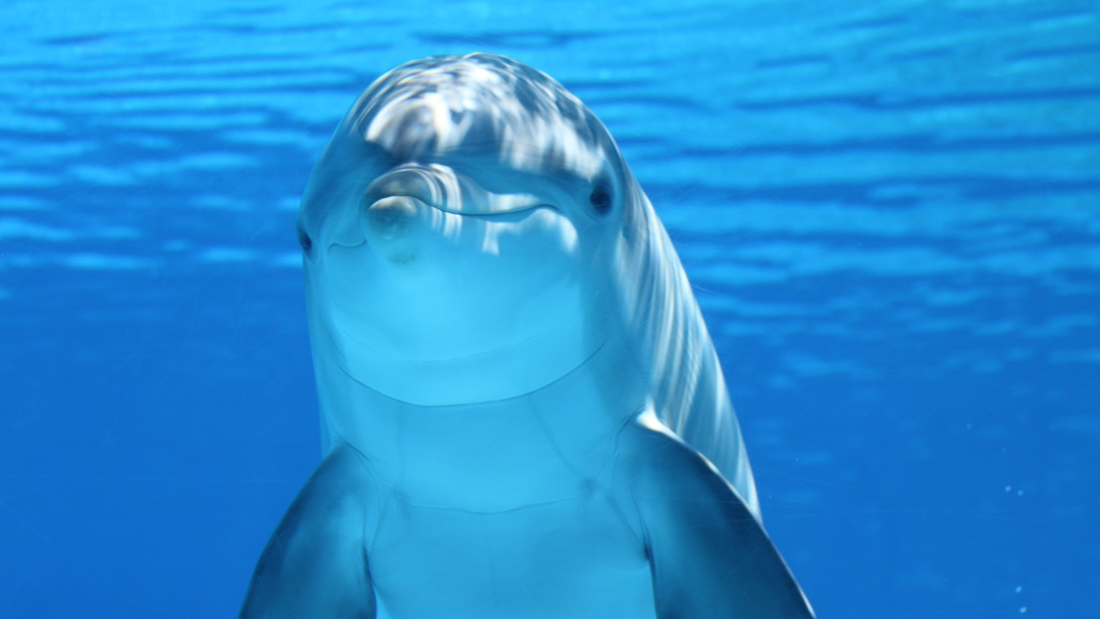
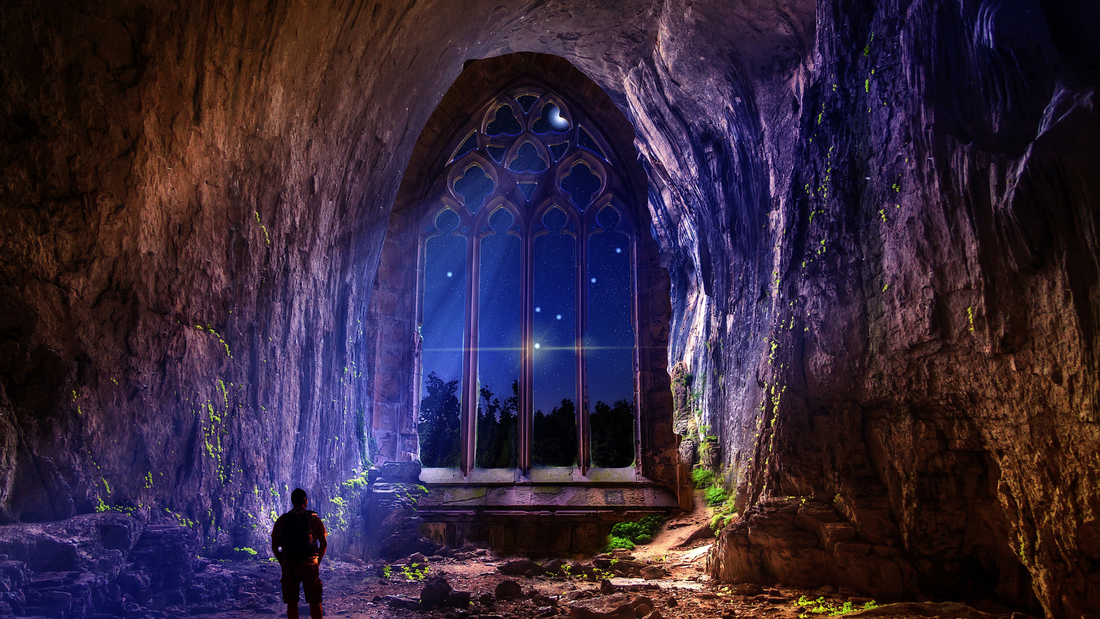

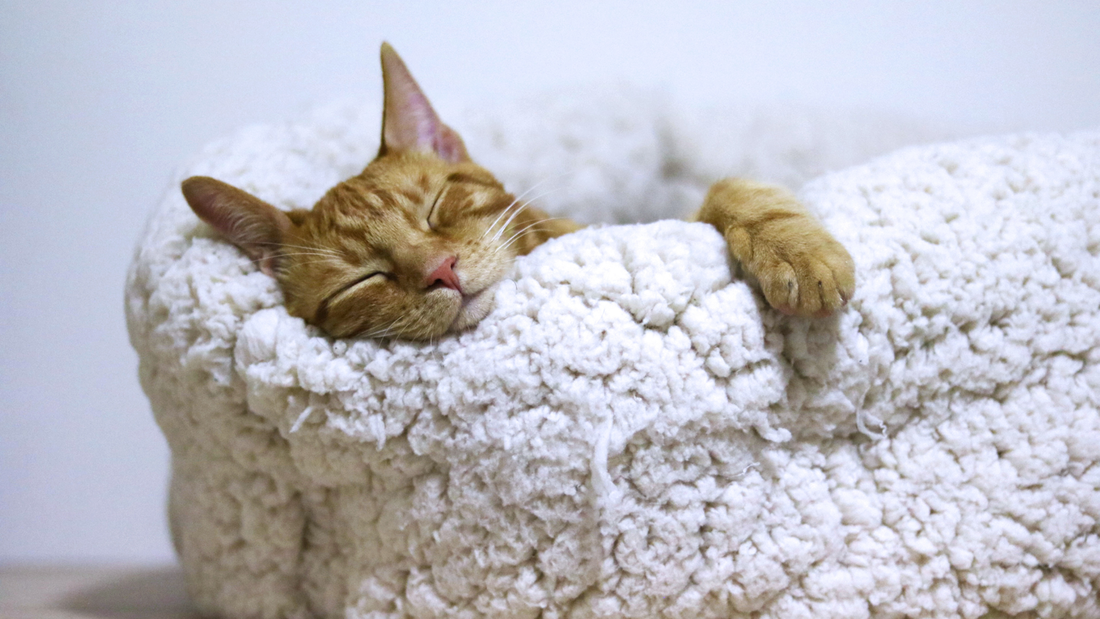


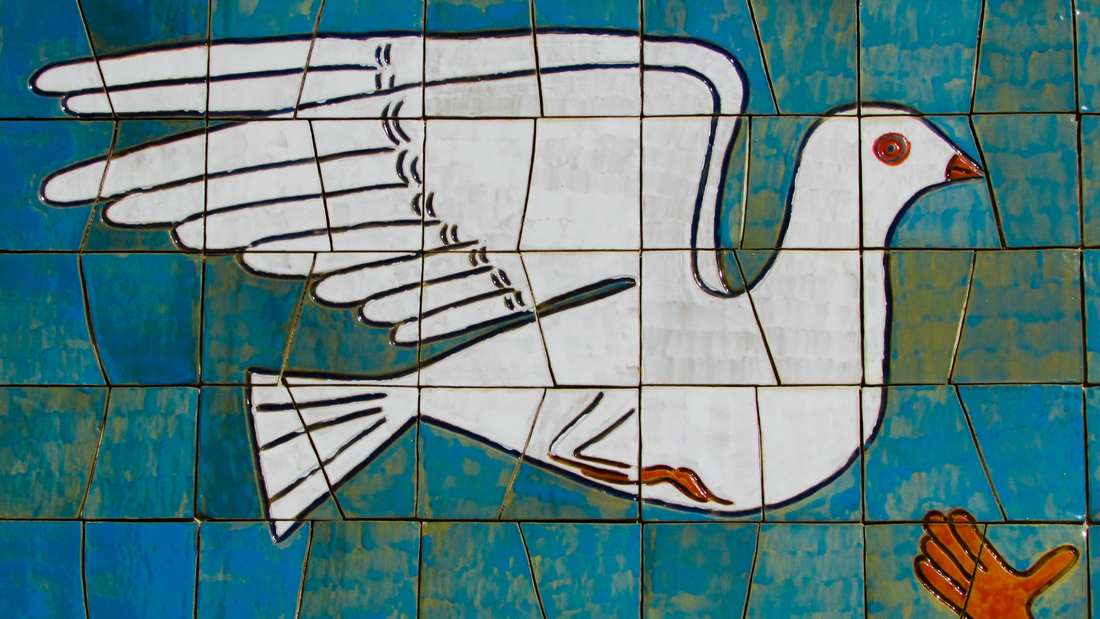

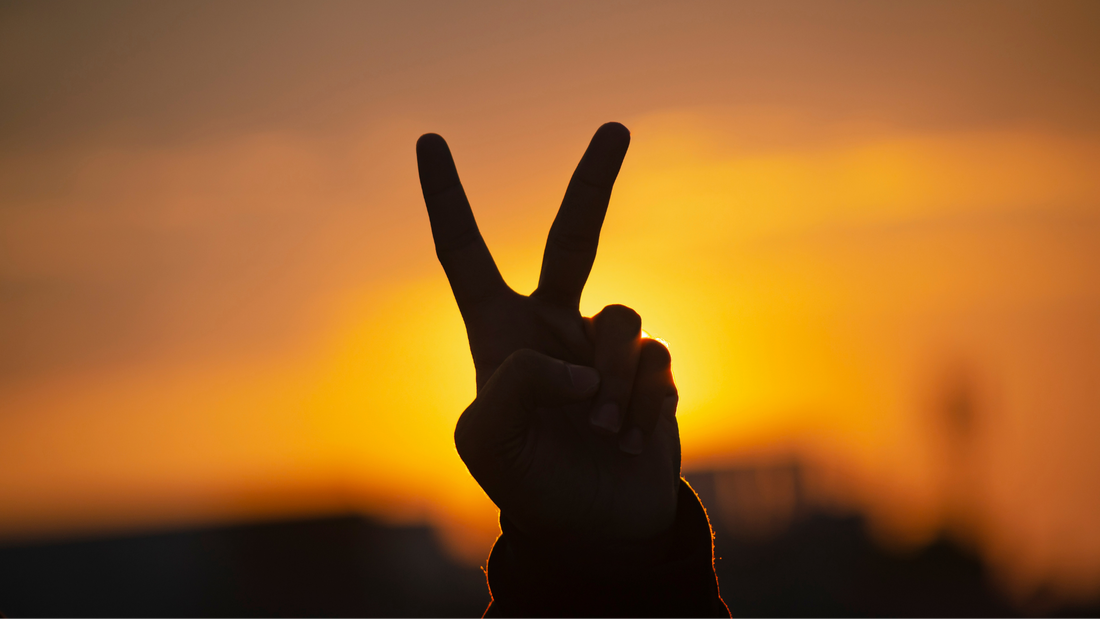
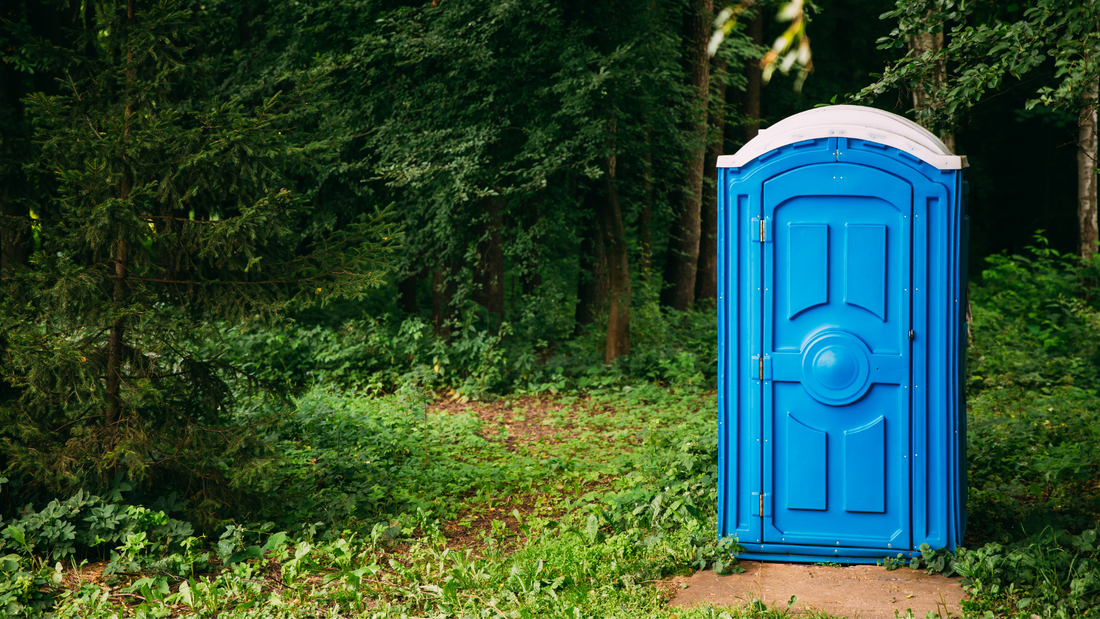
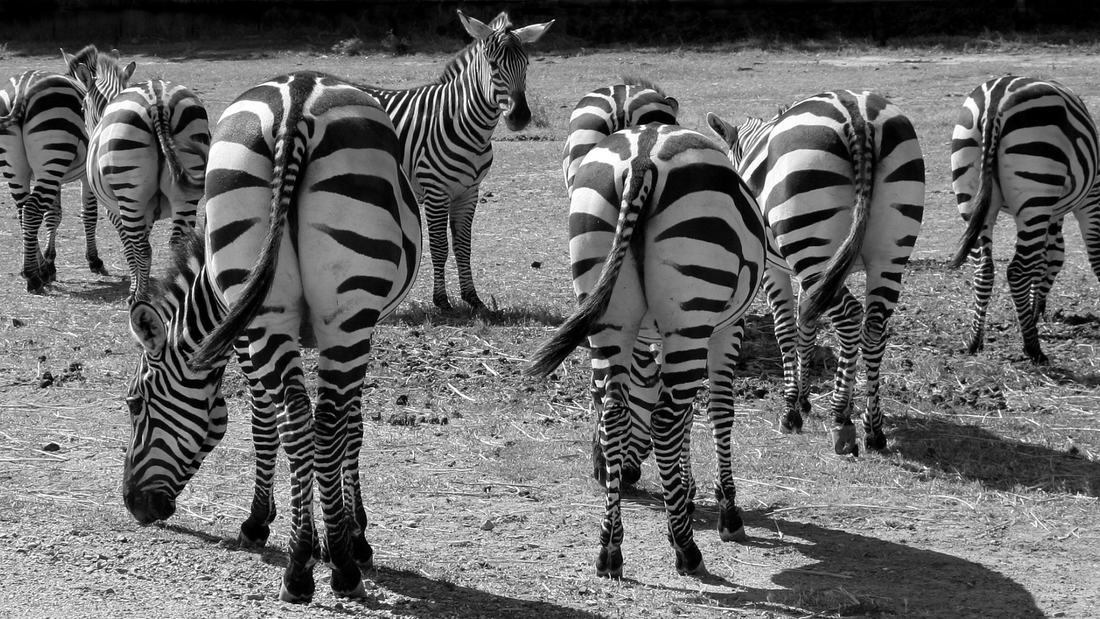
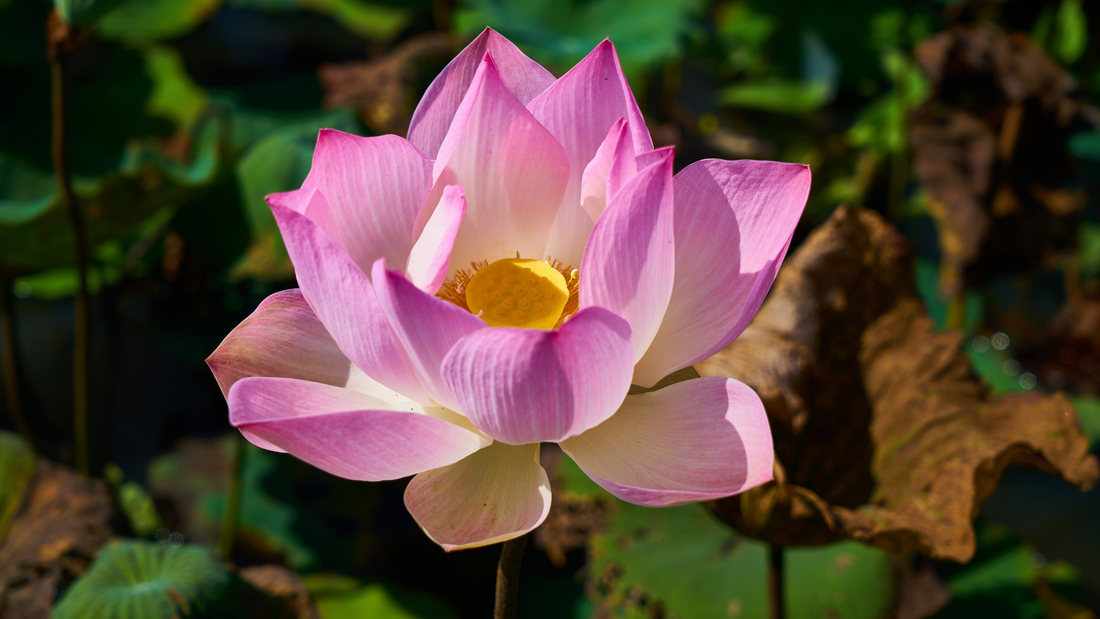
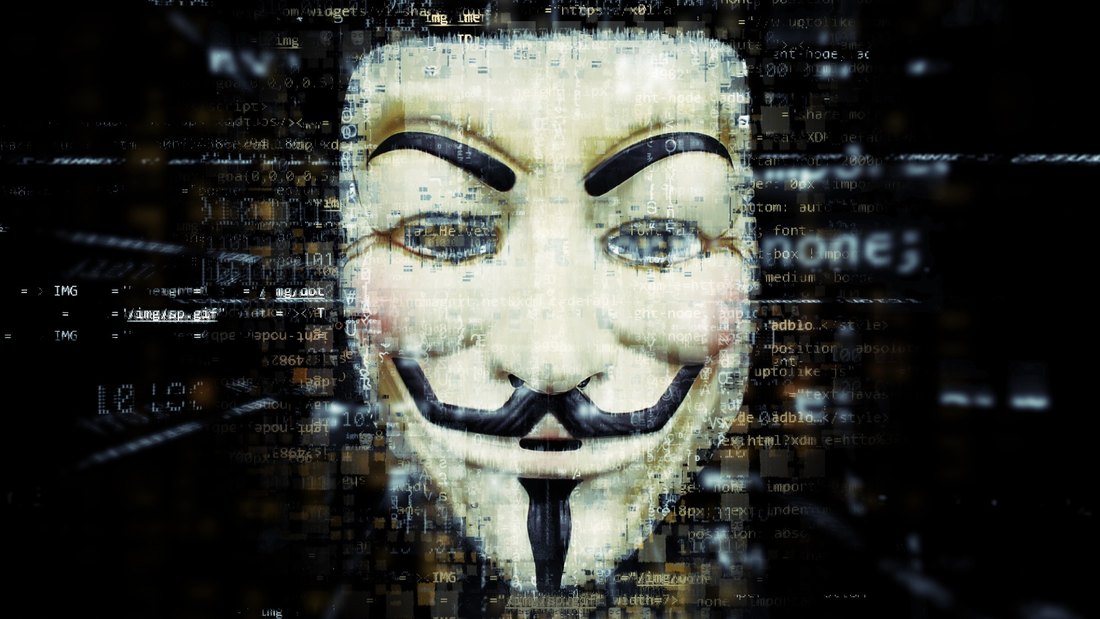
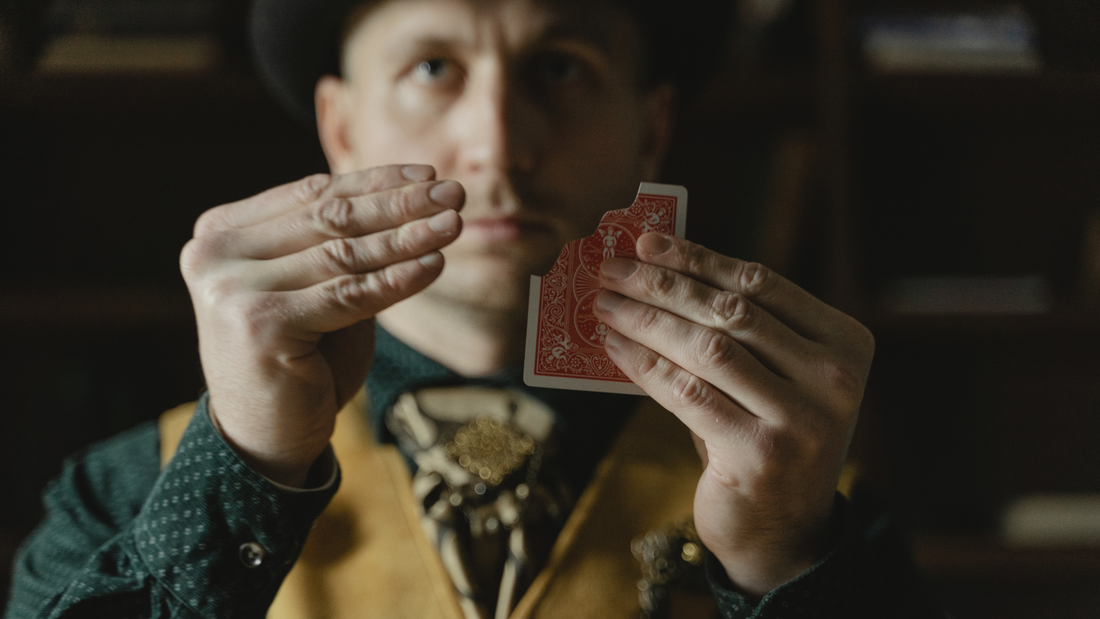
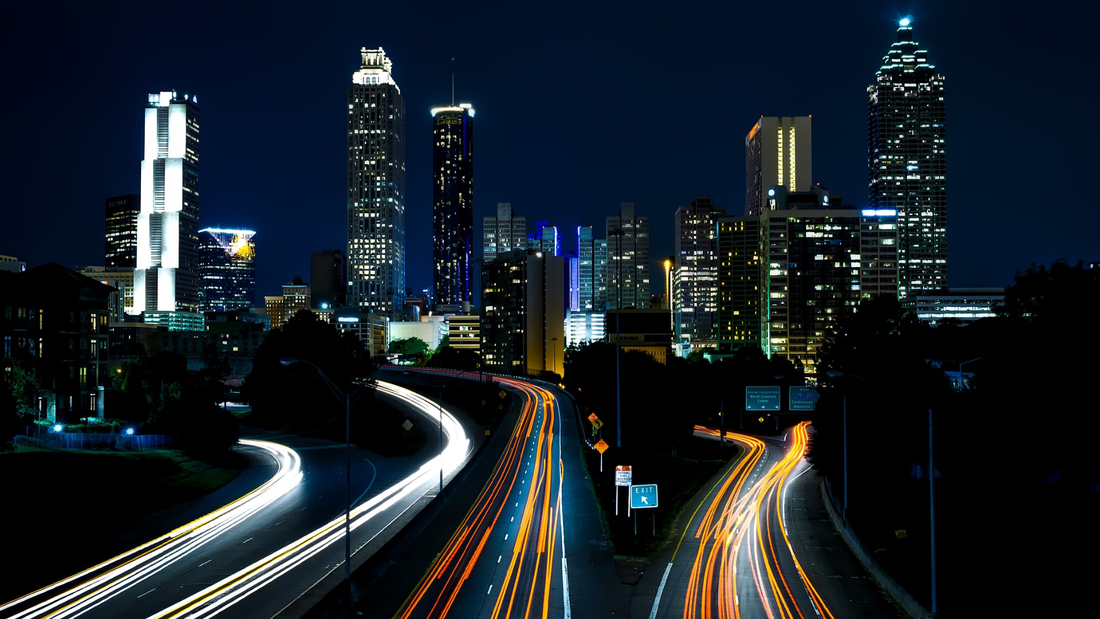
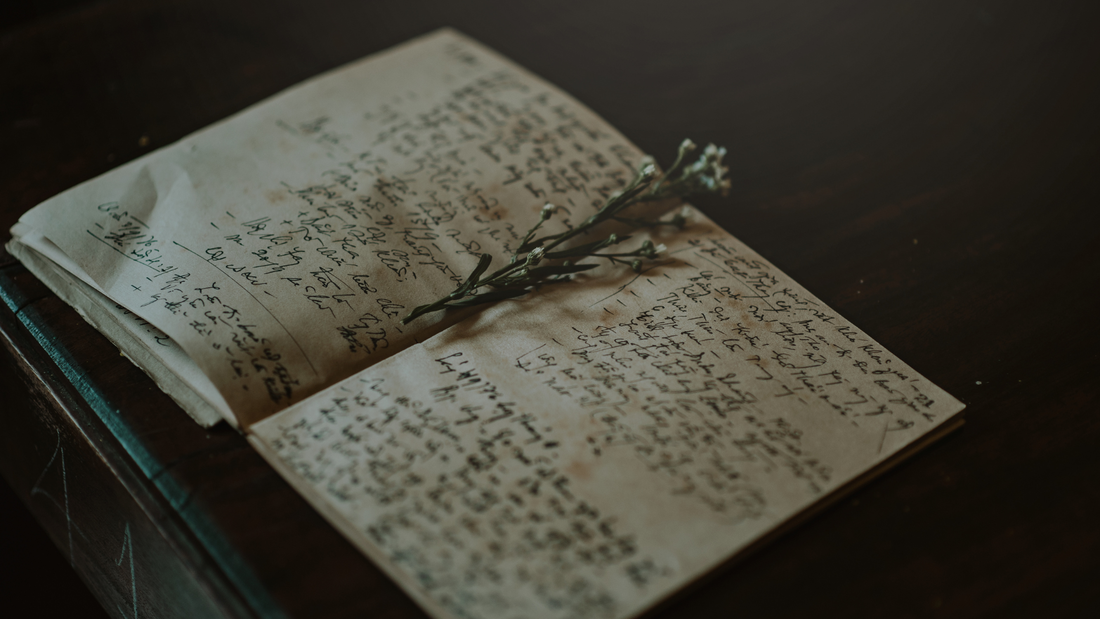
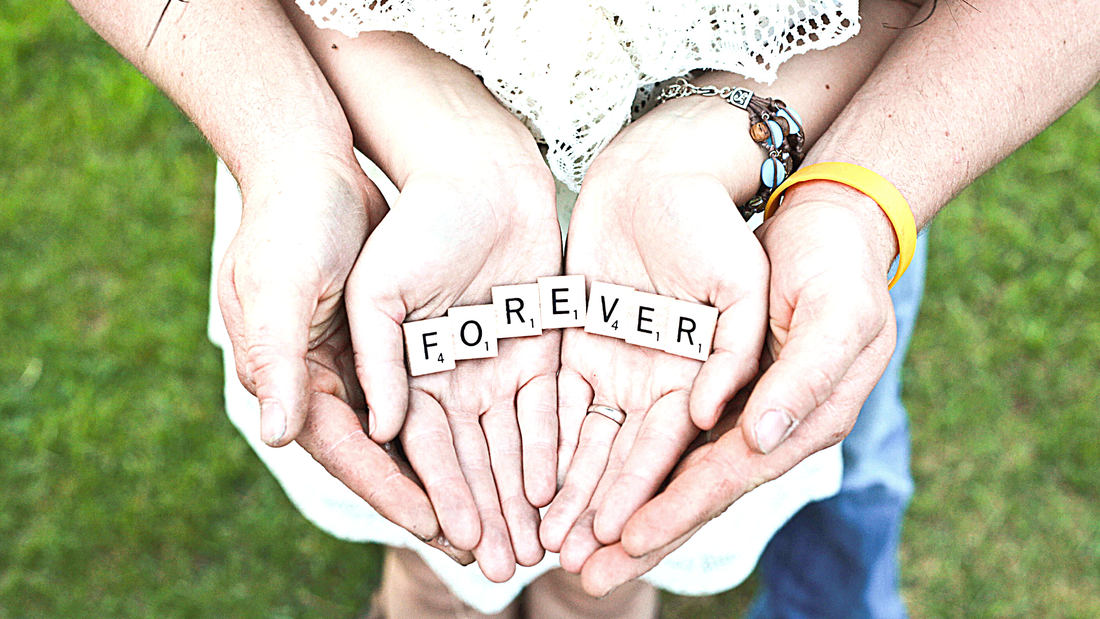


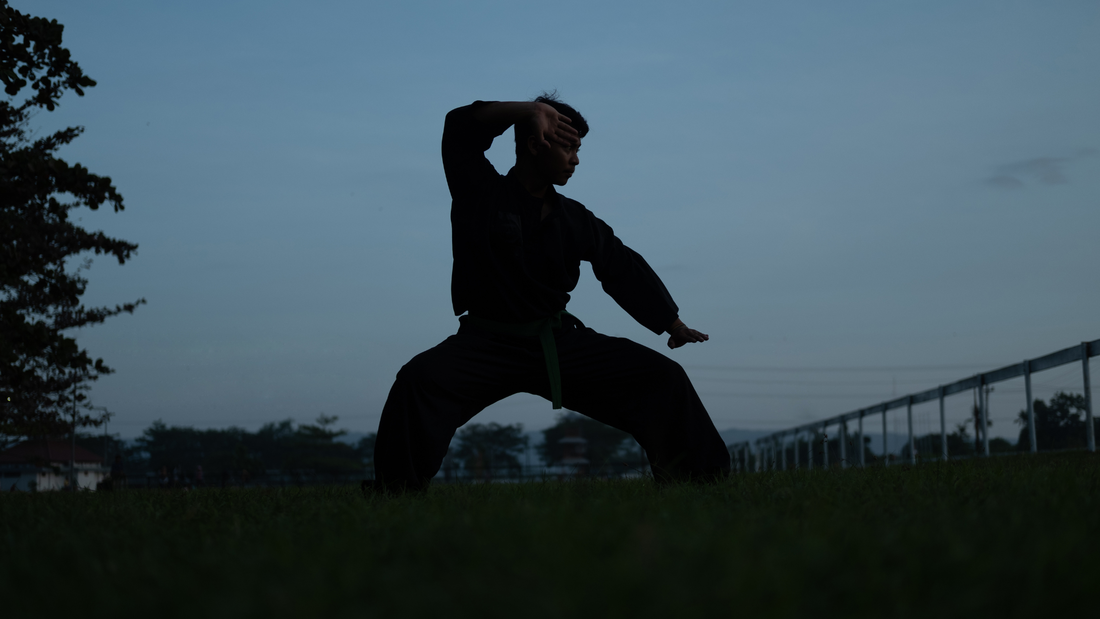
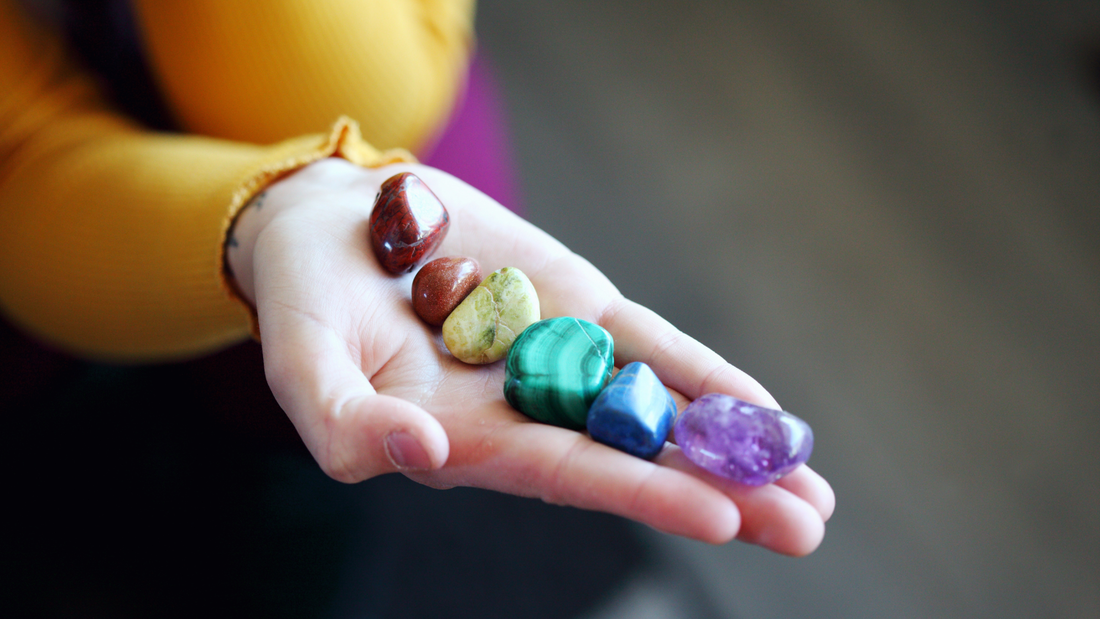
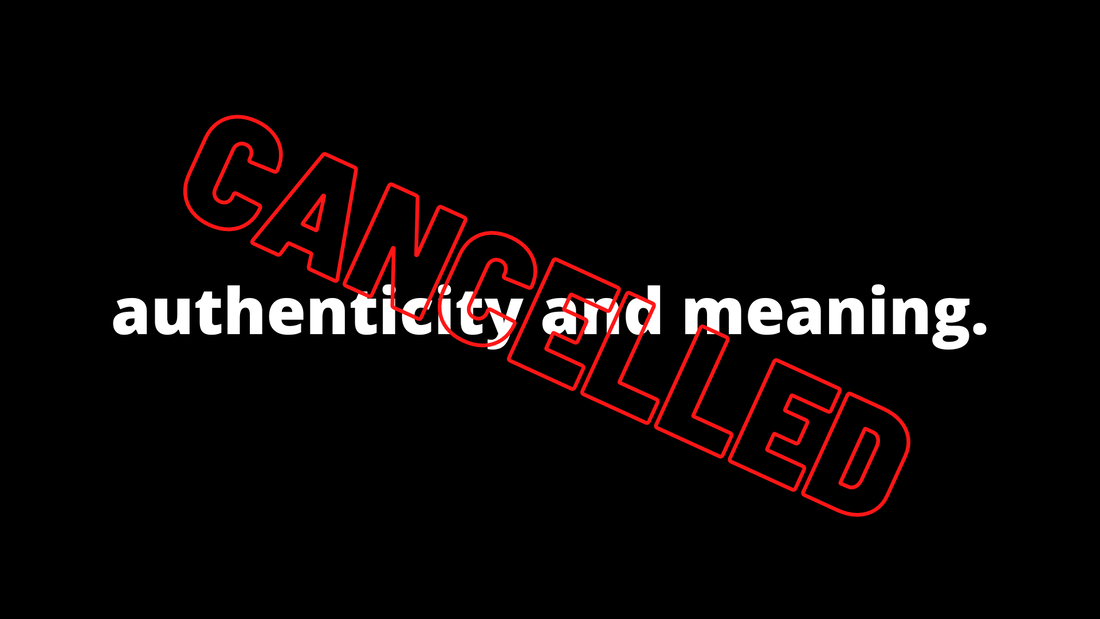
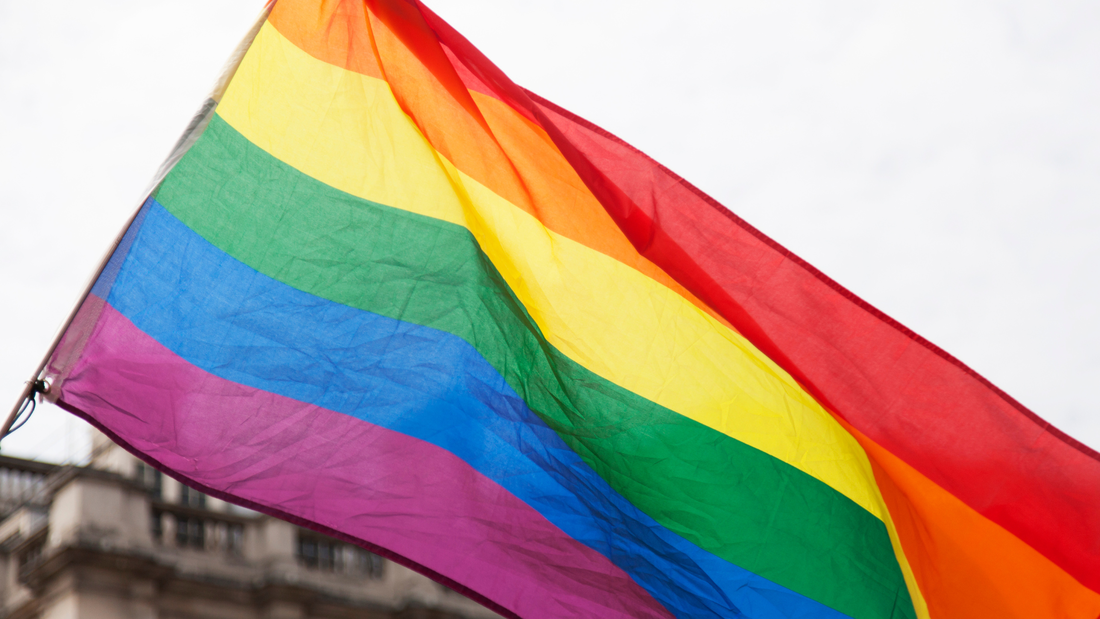

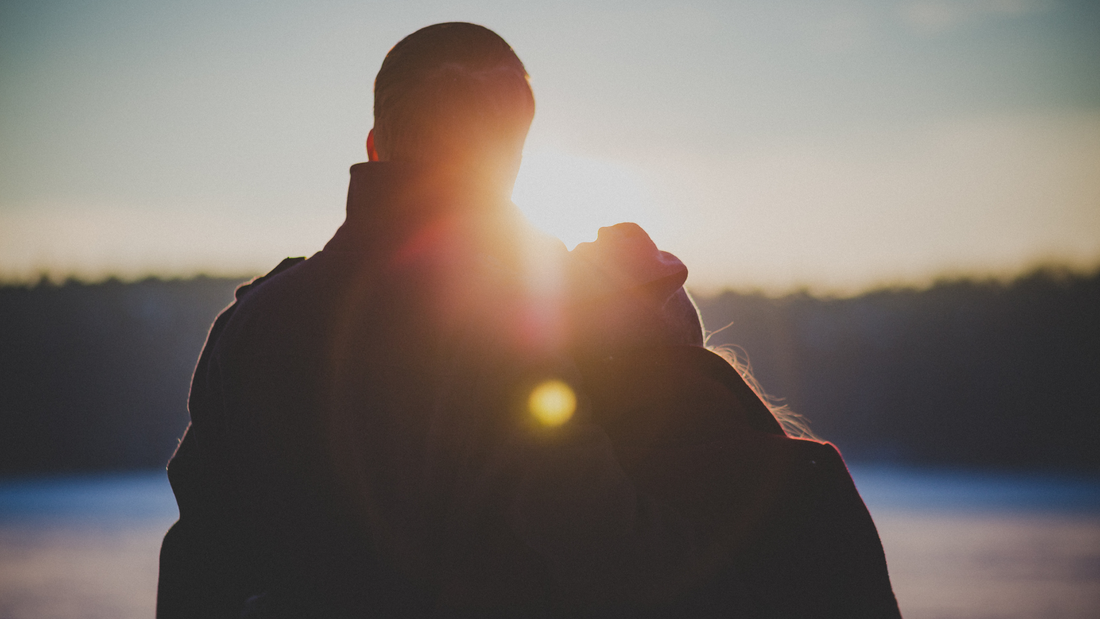
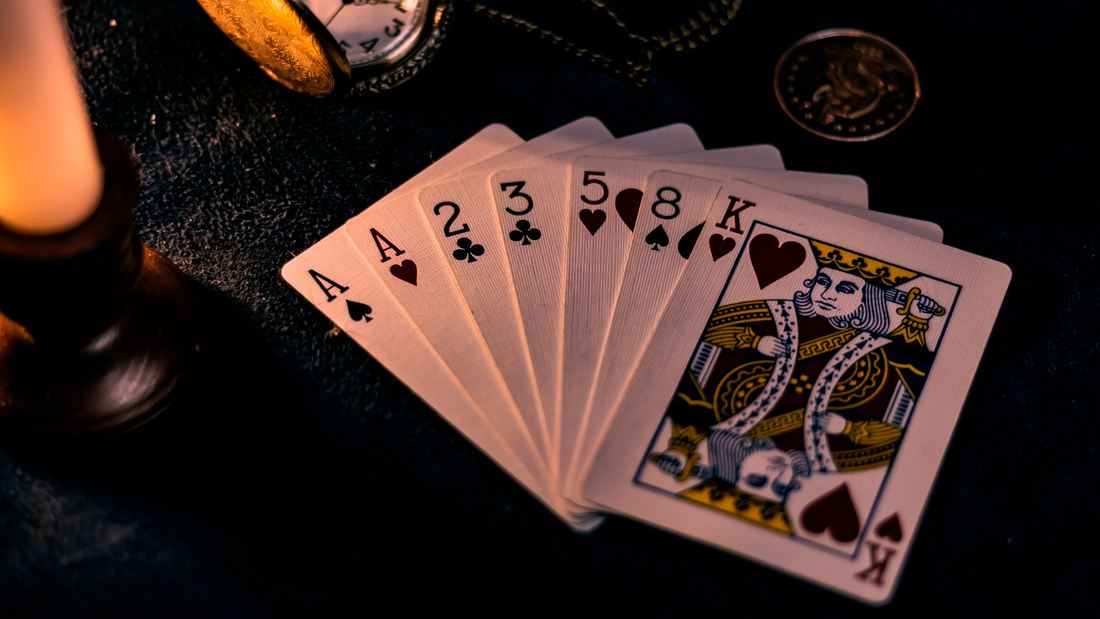
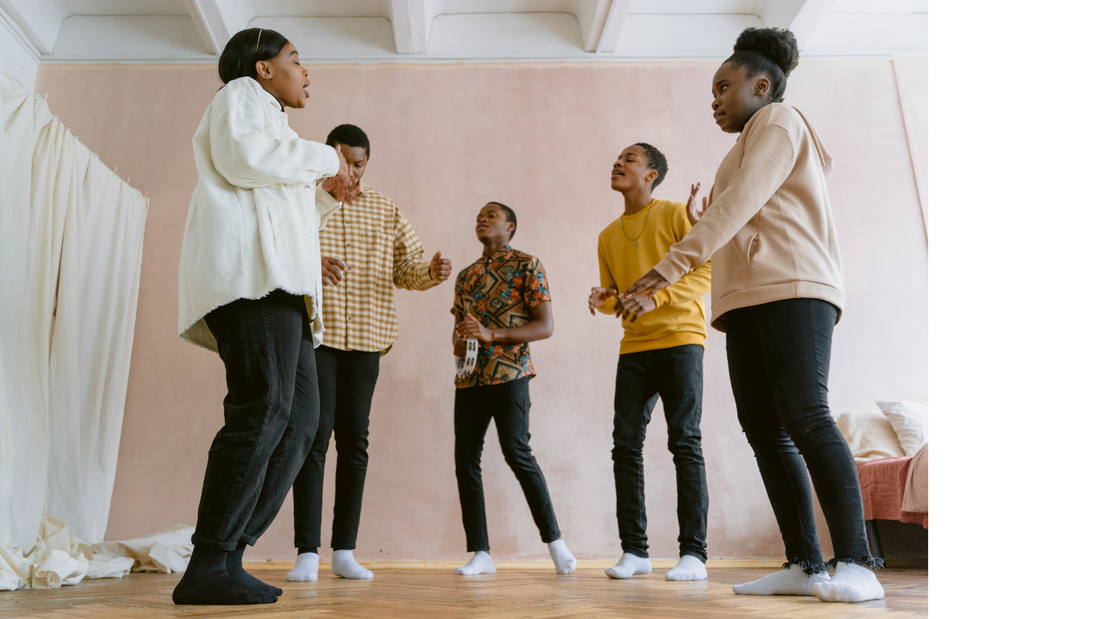
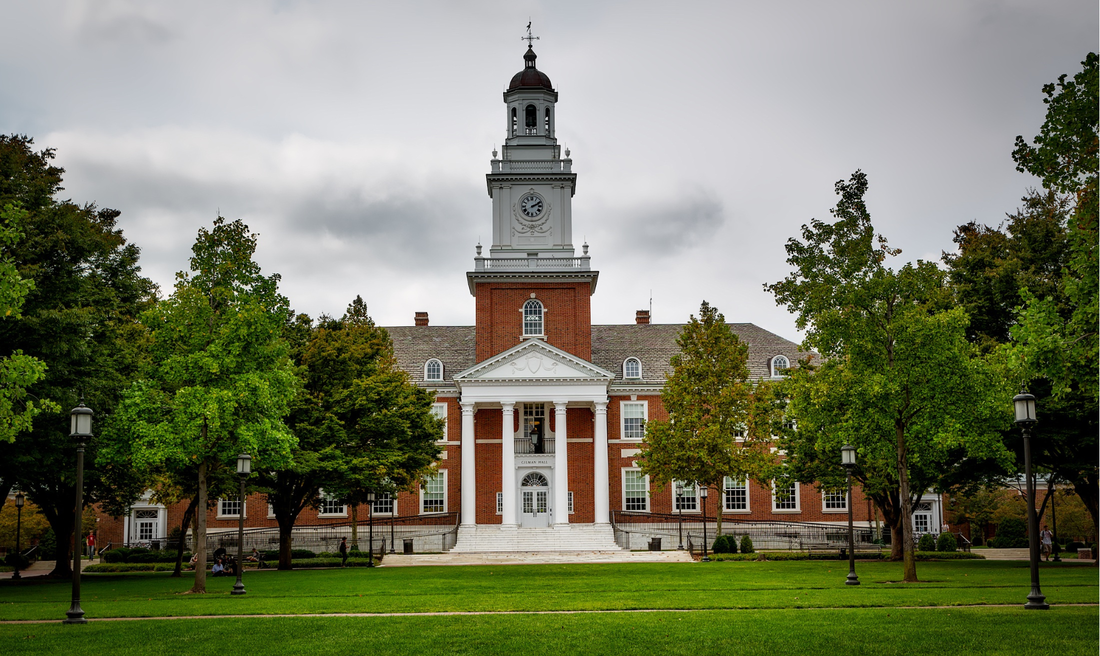
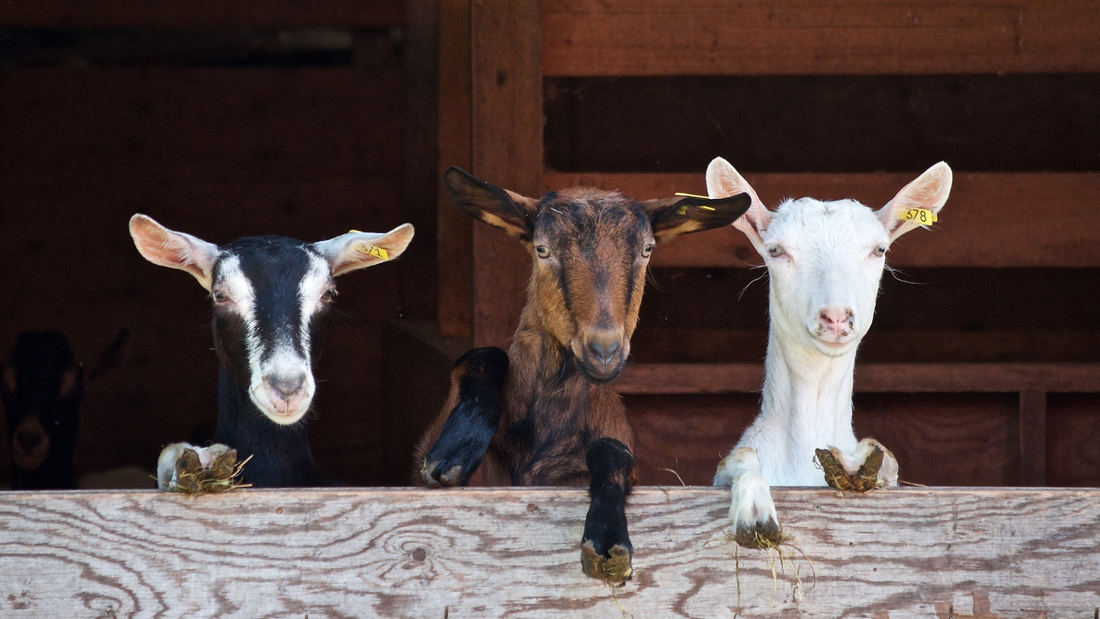
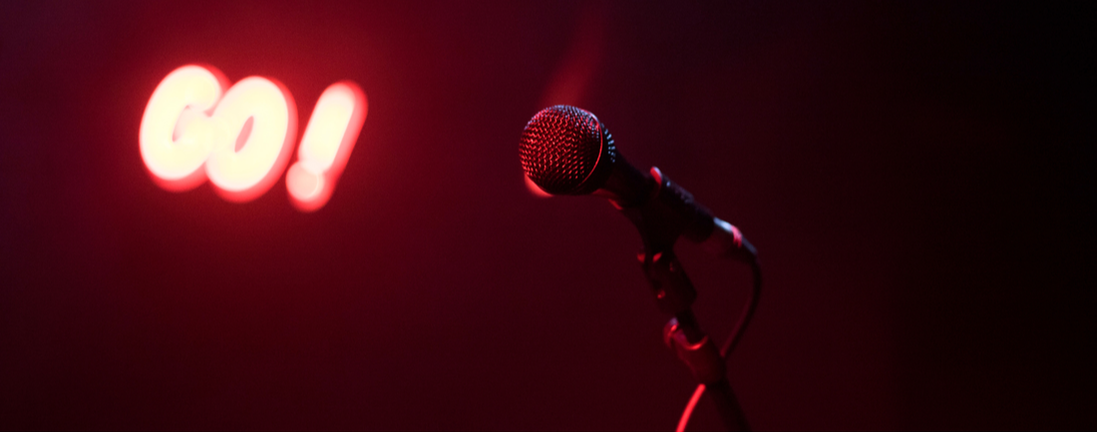
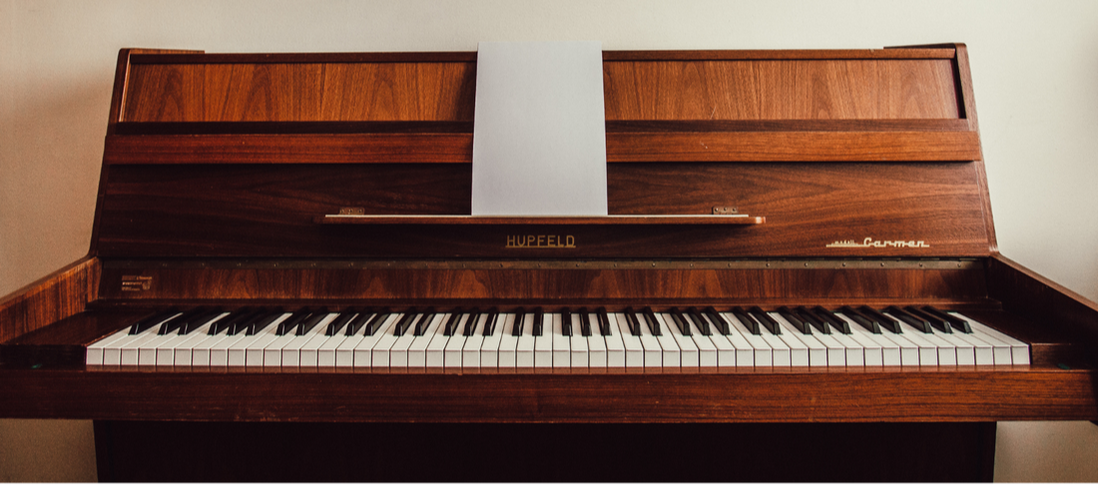
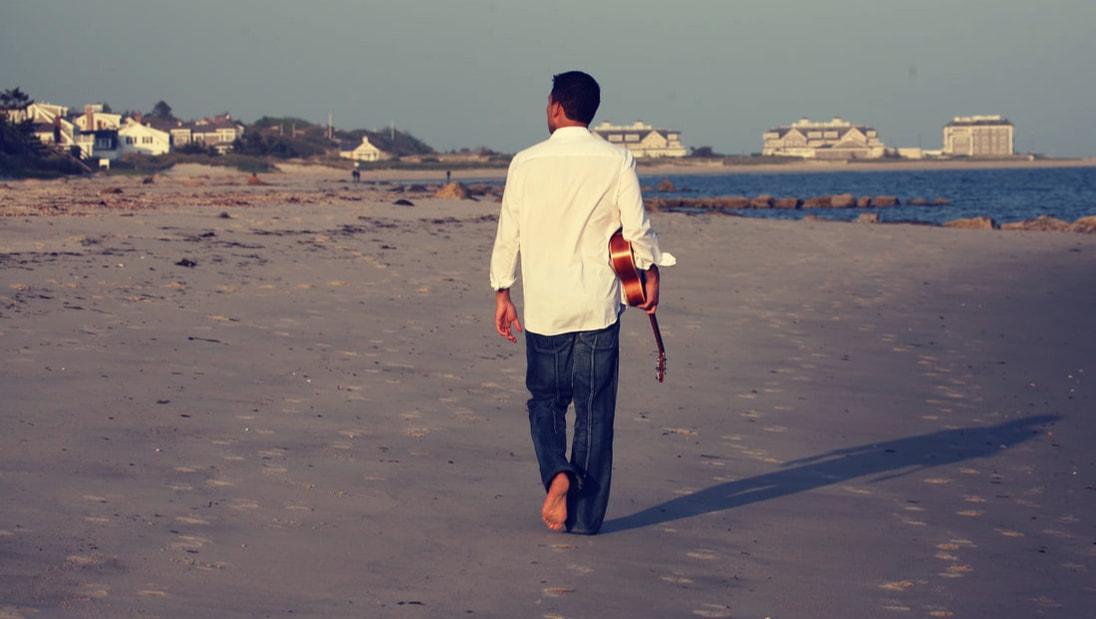
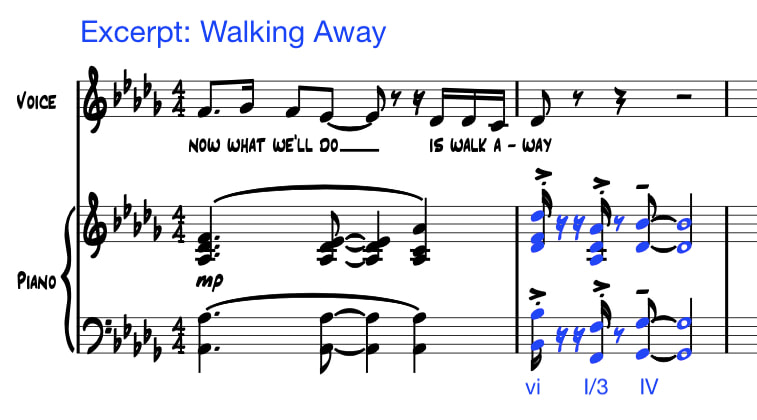
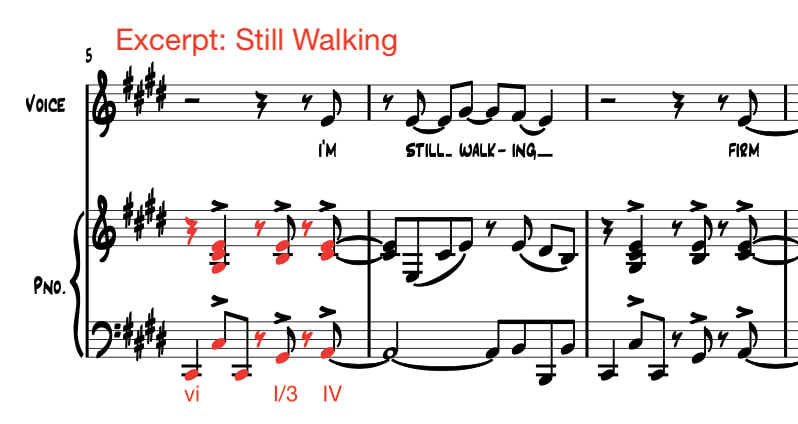
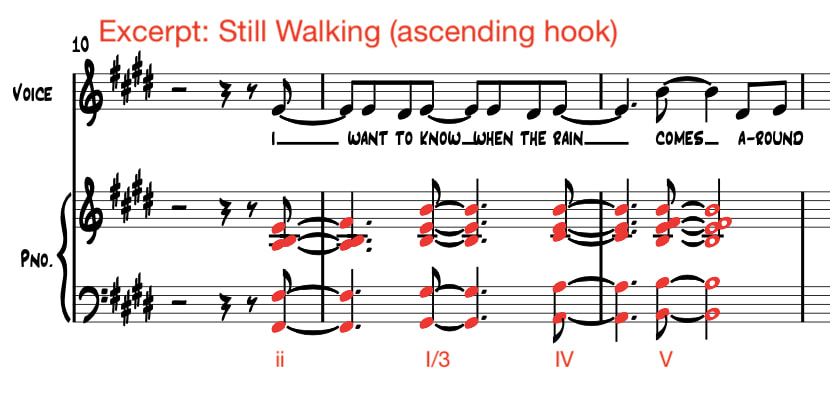
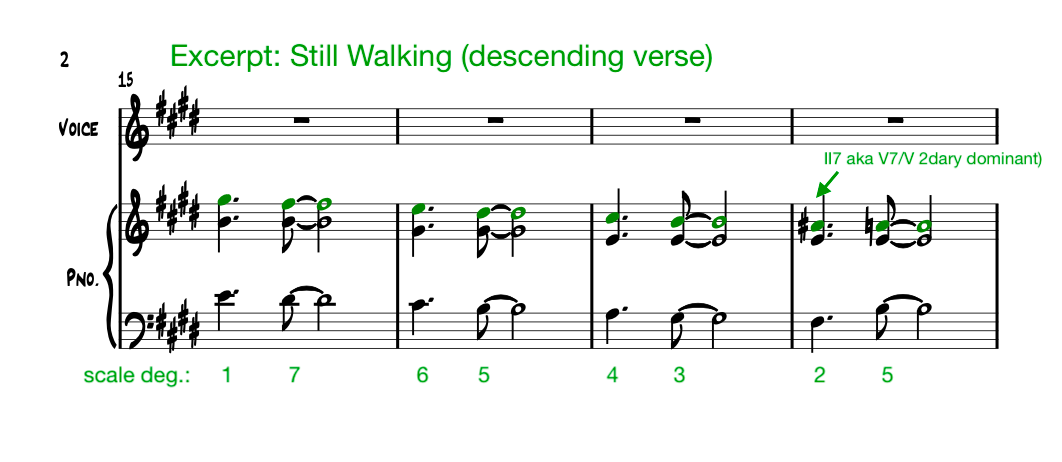
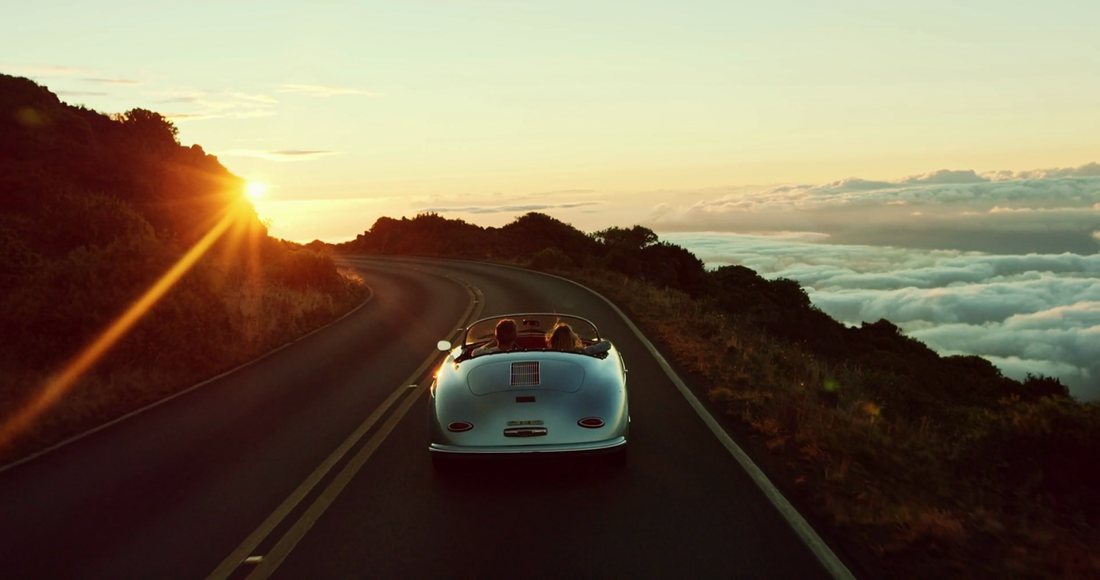
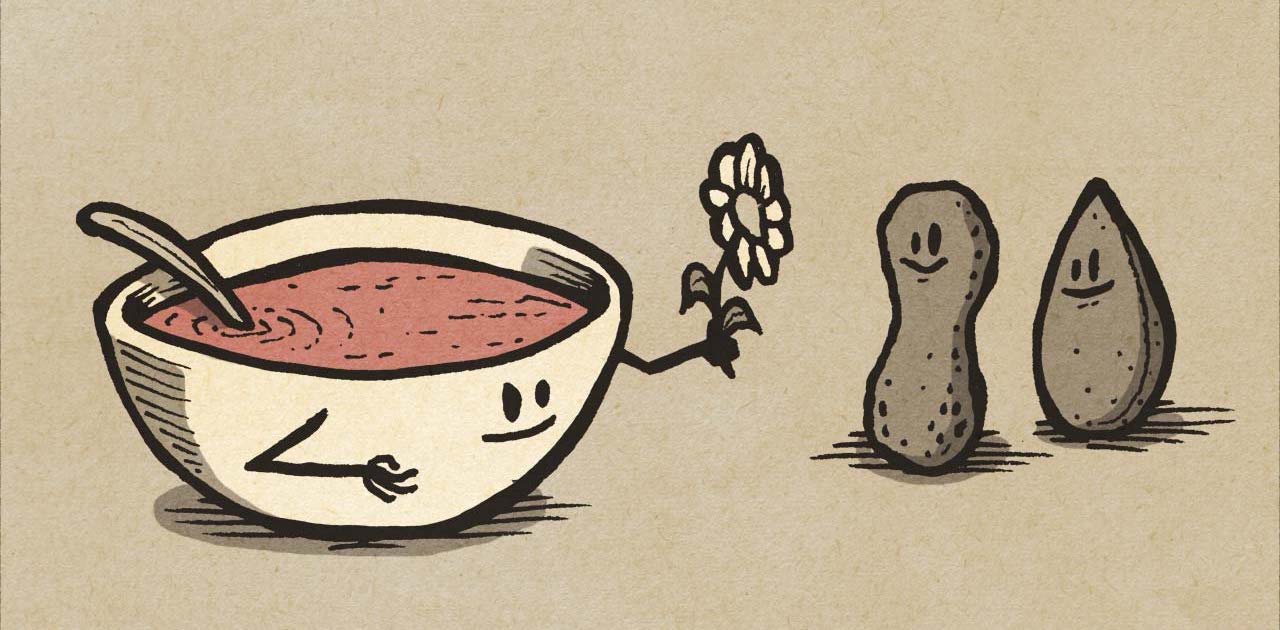

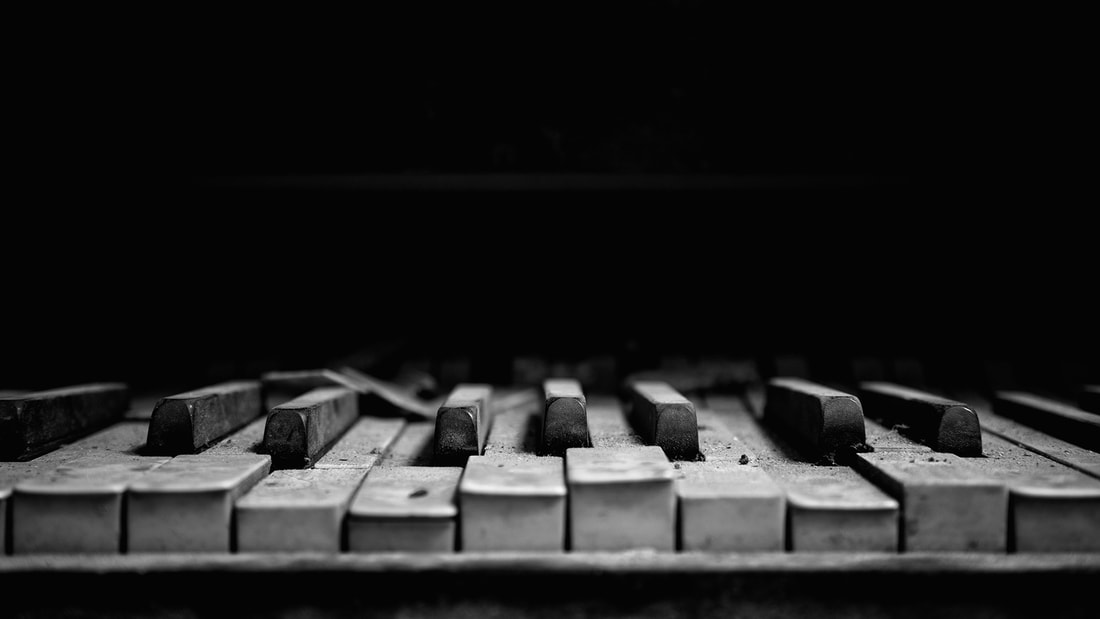
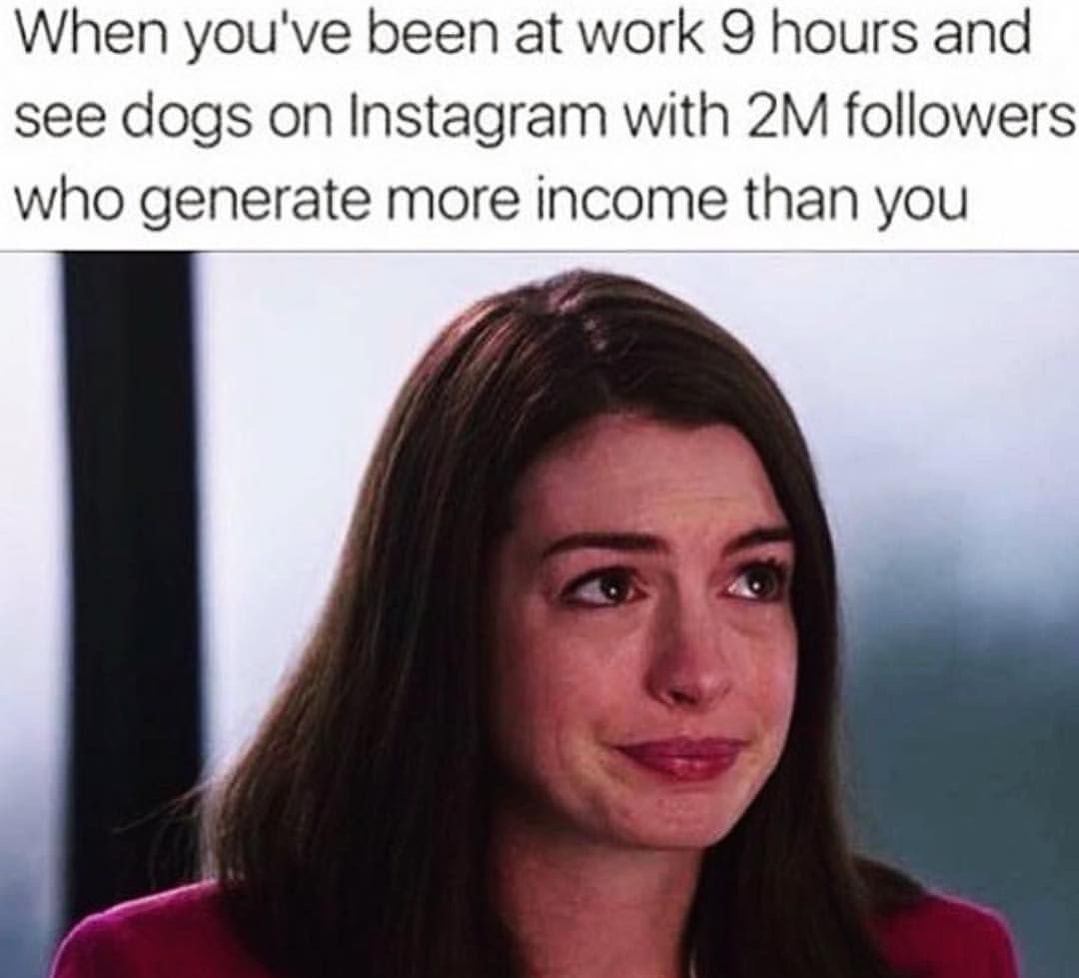
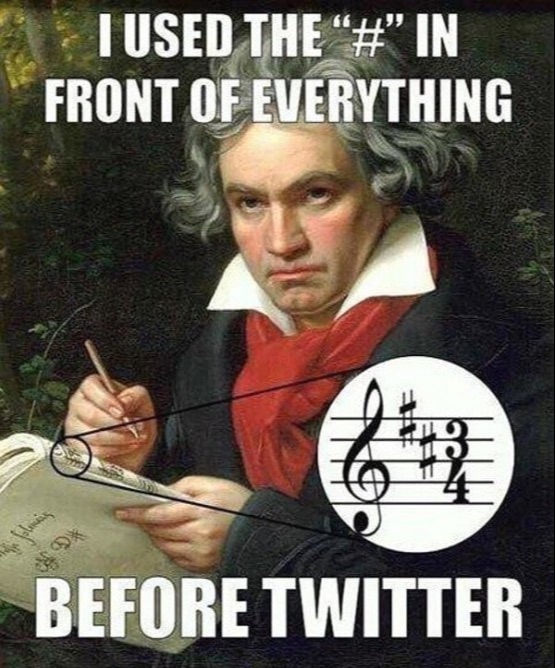
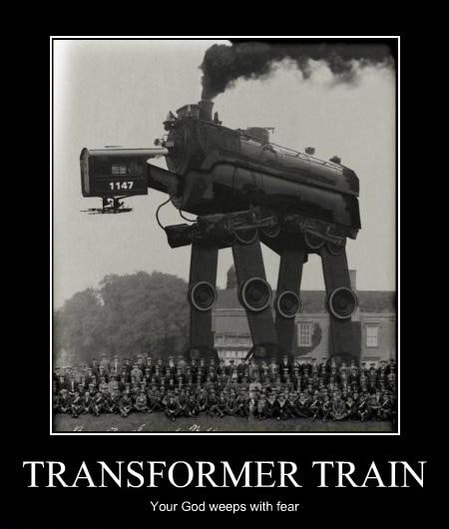
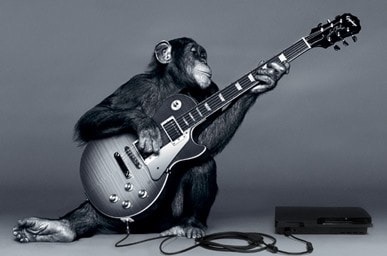
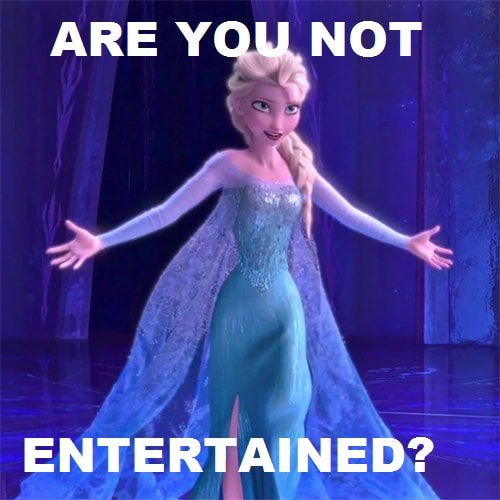
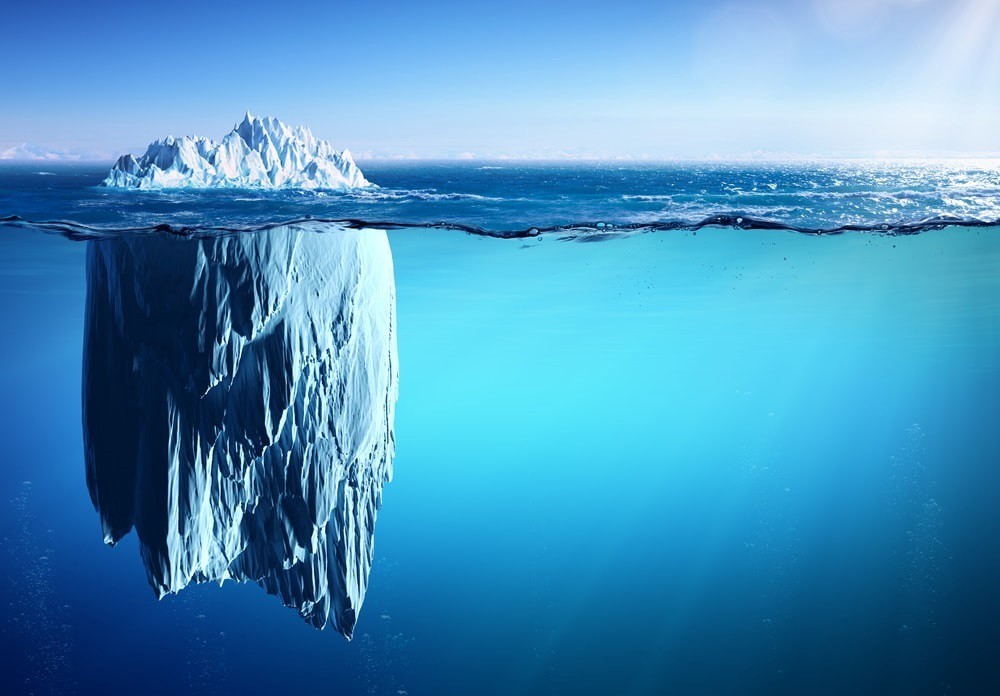
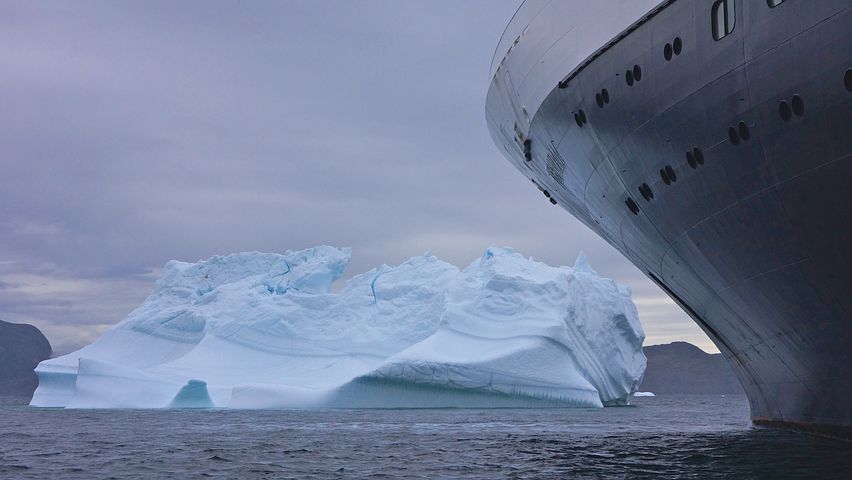
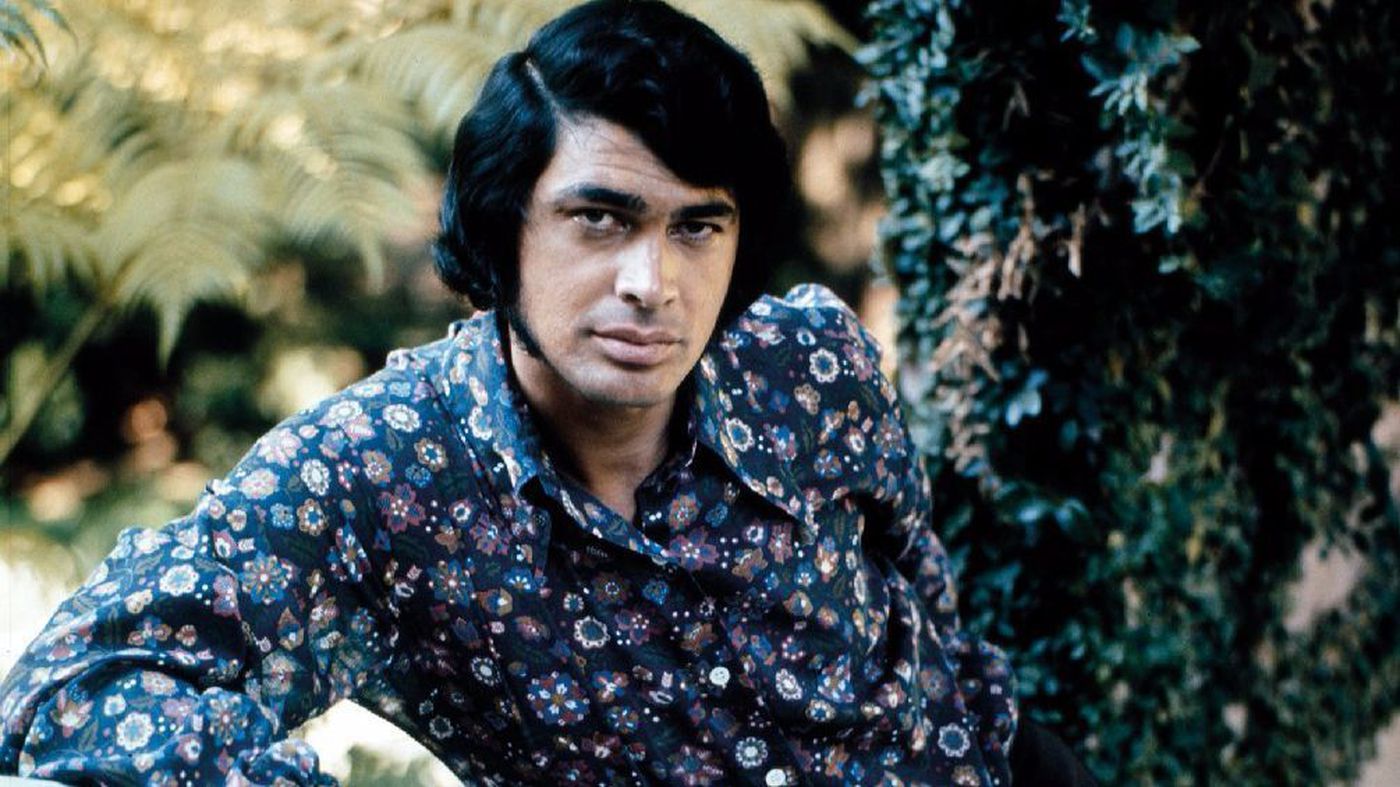

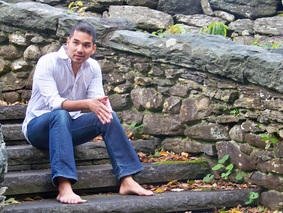
 RSS Feed
RSS Feed
